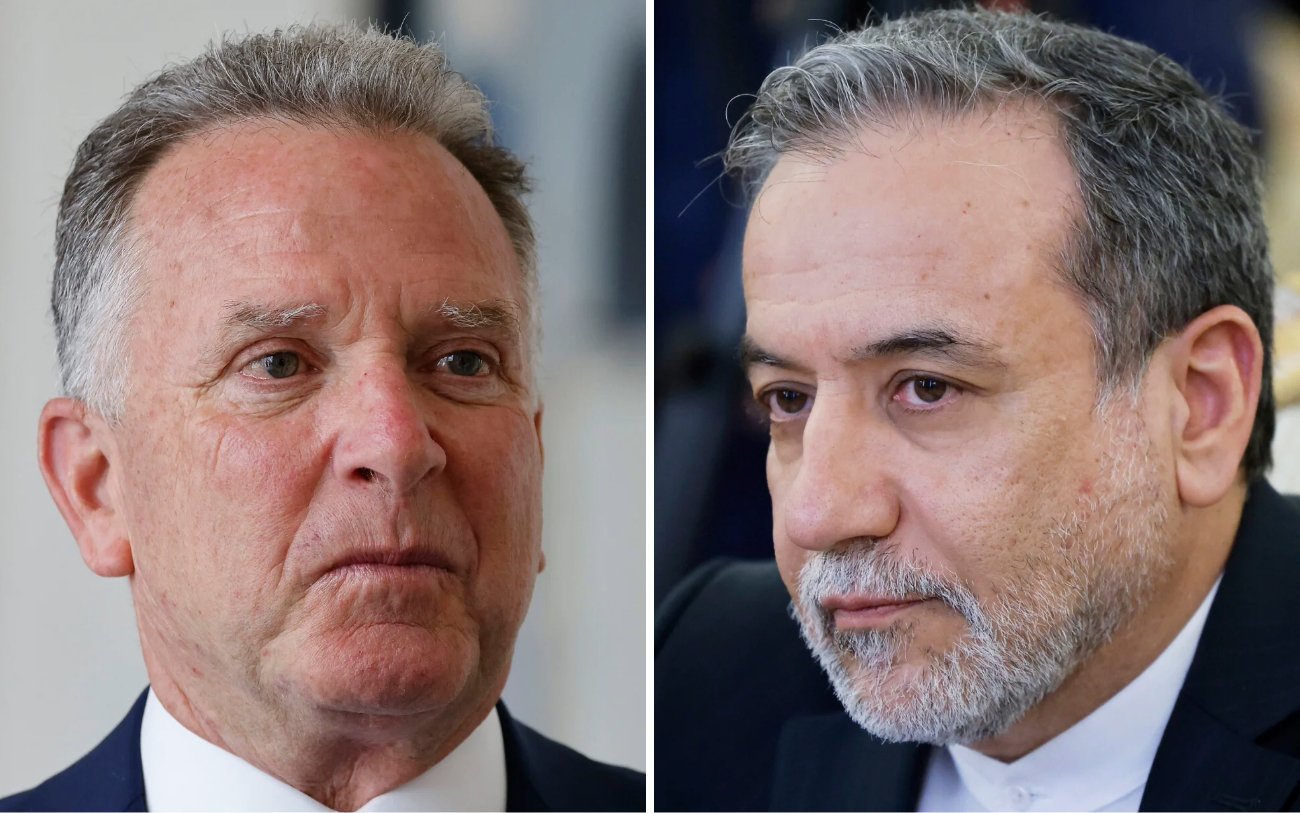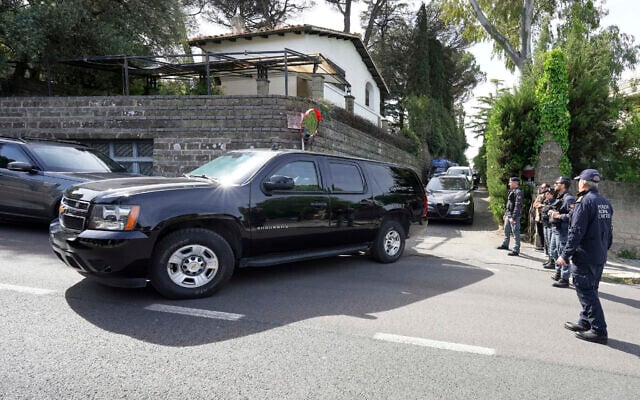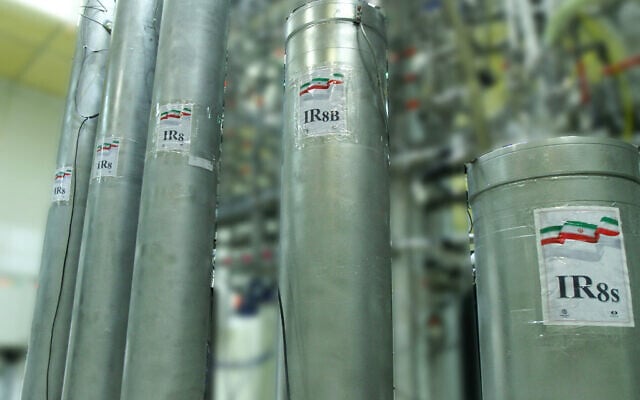



The US gave Iran a written proposal for a nuclear deal during the fourth round of talks between the two countries earlier this week, a US media outlet reported Thursday. Tehran denied receiving such a document.
US President Donald Trump’s special envoy to the Middle East, Steve Witkoff, presented the proposal to the Iranians in Oman on Sunday, a US official and two other sources with direct knowledge of the matter told the Axios news site.
The outlet said Foreign Minister Abbas Araghchi took the offer back to Tehran for consultations with Iranian Supreme Leader Ali Khamenei and President Masoud Pezeshkian.
The report added that in the first round of talks, Araghchi offered Witkoff a document with written proposals, but the US envoy said it was too early in the process and that relations needed to be built first.
Witkoff accepted a document at the third round of talks, Axios said.
After a team of American experts examined that proposal and responded with questions, the Iranians replied and asked questions of their own.
At the same time, the US team readied its own proposal of the limits for an Iranian civilian nuclear program and monitoring requirements, the sources told Axios.
That proposal was then handed over in Oman to the Iranians, the report said.
US State Department officials declined to comment to Axios.
A senior Iranian official told Reuters that they had not received a fresh proposal from Washington, adding that Tehran would only ship its highly enriched uranium abroad if US sanctions were lifted “verifiably and effectively.”
Earlier Thursday, Trump said the US is “getting close to maybe doing” a deal with Iran, and that Tehran “sort of” agreed to terms.
Though Tehran and Washington have both said they prefer diplomacy to resolve the dispute, they remain divided on several red lines that negotiators will have to circumvent to reach a new deal and avert future military action.
Iran, which openly seeks Israel’s destruction, has ramped up its enrichment of uranium to 60 percent purity, which has no peaceful application, and has obstructed international inspectors from examining its nuclear facilities.
Iranian authorities have repeatedly said that their red lines include reducing the amount of highly enriched uranium stockpile to a level below what was agreed under Iran’s 2015 nuclear pact with world powers, which Trump ditched in 2018.
Tehran denies it has ever sought to build a nuclear weapon, but Western intelligence services mistrust such claims, and Iranian officials have increasingly suggested the country could seek nukes in the face of international pressure.
Meanwhile, Iran appeared to maintain its fiery rhetoric against the US, with the top commander of Iran’s Revolutionary Guard Corps, Hossein Salami, stating Thursday that the nation considered Trump the “murderer” of Quds Force commander Qassem Soleimani.
Soleimani was the commander of the Quds Force, the overseas arm of the elite Revolutionary Guards. He was killed in Iraq in a US drone strike on January 3, 2020, ordered by Trump during his first term in office.
Despite the talks, Washington has continued to impose sanctions targeting Iran’s nuclear program, its oil industry, and its ballistic missile program.
An adviser to Khamenei, Ali Shamkhani, told NBC News on Wednesday that Trump “talks about the olive branch, which we have not seen. It’s all barbed wire.”
In the interview, however, Shamkhani said “yes” to the proposition that, were sanctions removed “immediately,” Tehran could agree to never develop nuclear weapons, give up stockpiles of highly enriched uranium, and allow inspectors to nuclear sites, among other steps.


